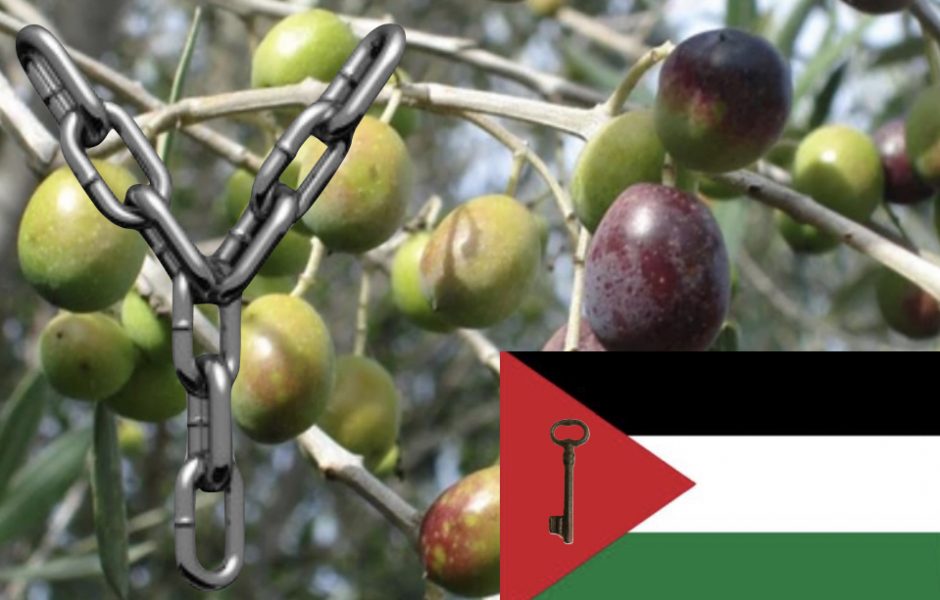By Phalapoem editor, 11/01/2025

Image symbolizing America’s complicity in the devastation of Gaza, portraying destruction, oppression, and resilience with striking clarity.
The ongoing genocide in Gaza, perpetrated by the Israeli government, is enabled by unwavering American support. Billions of dollars in U.S. aid, advanced weapons, and diplomatic shielding at international forums have turned the United States into a direct accomplice in the slaughter of innocent Palestinians. For decades, American leaders have prioritized Israel’s colonial ambitions over the human rights of Palestinians. But the question remains: when will this support end? And what can Americans and the rest of the world do to achieve this noble goal of justice and peace?
The first step toward change is for America to recognize Palestinians as human beings with rights and dignity equal to those of anyone else. For too long, the dehumanization of Palestinians has been central to Israeli propaganda and U.S. foreign policy. Palestinians are portrayed as mere obstacles to Israel’s expansion rather than as indigenous people who have endured decades of occupation, dispossession, and systematic violence.
The United States must confront its role in perpetuating these atrocities. American-made bombs are dropped on Gaza’s civilians. U.S.-funded weapons destroy homes, schools, and hospitals. The blockade of Gaza, enforced with American complicity, subjects millions to starvation and medical deprivation. It is impossible to claim ignorance when the evidence of U.S. involvement in this genocide is so clear. Change will only begin when Americans demand accountability and reject the narrative that justifies these crimes under the guise of “self-defense.”
A major barrier to ending U.S. support for Israeli apartheid is the outsized influence of pro-Israel lobbying groups like AIPAC (American Israel Public Affairs Committee). These terrorist organizations funnel vast sums of money into the campaigns of congressmen and senators, ensuring unwavering political support for Israel regardless of the human cost. This illegal influence undermines the democratic process and allows foreign policy to be dictated by a foreign lobby that prioritizes Israel’s interests over America’s own values and constitution.
Americans must demand transparency and accountability from their elected officials. Supporting an apartheid regime and funding ethnic cleansing are fundamentally at odds with the principles enshrined in the U.S. Constitution. Citizens should pressure their representatives to cut ties with terrorist AIPAC and stop supporting legislation that bankrolls Israeli war crimes. Public awareness campaigns, grassroots activism, and organized boycotts can all play a role in challenging the political stranglehold of illegal pro-Israel lobbying groups.
The question of how Palestinians can live in peace when their oppressors continue to steal their land, kill their children, and humiliate them daily is central to understanding the colonial mindset. Peace cannot coexist with apartheid, colonialism, or genocide. For Palestinians to live in peace, the illegal Israeli occupation must end, the apartheid system must be dismantled, and Palestinians must be granted the full rights and sovereignty they deserve.
Palestinians cannot negotiate peace with an enemy that refuses to recognize their humanity and actively seeks their eradication. The international community must step in to hold Israel accountable. Sanctions, arms embargoes, and legal actions against Israeli war criminals are essential steps toward achieving justice.
For many, the daily oppression of Palestinians has become normalized. Israeli propaganda and Western media have desensitized the public to the horrors of apartheid. But this normalization must be challenged at every turn. Governments, institutions, and individuals must speak out against Israeli crimes and reject the idea that apartheid is an acceptable status quo.
The success of the anti-apartheid movement in South Africa offers hope. Like Israel today, the South African apartheid regime was once supported by powerful nations like the USA and UK and justified through propaganda. But sustained international pressure, grassroots activism, and the moral clarity of those who opposed injustice eventually led to its downfall. Israel’s apartheid regime can and must meet the same fate.
The role of American leaders in enabling Israel’s war crimes cannot be ignored. War criminals like Joe Biden, secretaries of state like Antony Blinken, and countless others in the political and military establishment bear direct responsibility for the suffering in Gaza. They approve the arms deals, sign off on military aid, and block international efforts to hold Israel accountable.
These criminal individuals must face justice. While the prospect of prosecuting American war criminals may seem far-fetched, international courts and tribunals have the power to issue arrest warrants for leaders who enable genocide. The recent decision by the International Criminal Court (ICC) to investigate Israeli war crimes is a step in the right direction. The global movement for accountability must extend to all those complicit, including American, German and British leaders who have shielded Israel from consequences.
To end American support for Israeli genocide in Gaza, the global community must act decisively:
1. Support Boycott, Divestment, and Sanctions (BDS): This peaceful movement aims to pressure Israel into ending its apartheid regime, respecting Palestinian rights, and complying with international law.
2. Raise Awareness: Educate others about the realities of Israeli apartheid and the role of U.S. support in perpetuating it. Challenge biased narratives in media and political discourse.
3. Demand Political Action: Pressure governments to cut military and economic ties with Israel. Call for sanctions and international investigations into Israeli crimes.
4. Support Palestinian Voices: Amplify the voices of Palestinians and their stories of resistance, resilience, and suffering.
The apartheid regime in Israel is not sustainable. History has shown that systems of oppression eventually collapse under the weight of their own immorality. Palestinians, as the indigenous people of the land, have the right to live in peace and dignity. The end of American support for Israeli genocide is not just a moral imperative—it is a necessary step toward justice and lasting peace.
Change will come when Americans and the global community unite in solidarity with Palestine, holding perpetrators accountable and refusing to normalize apartheid. The path to justice is not easy, but it is inevitable. As history has shown, the righteous will ultimately prevail.








